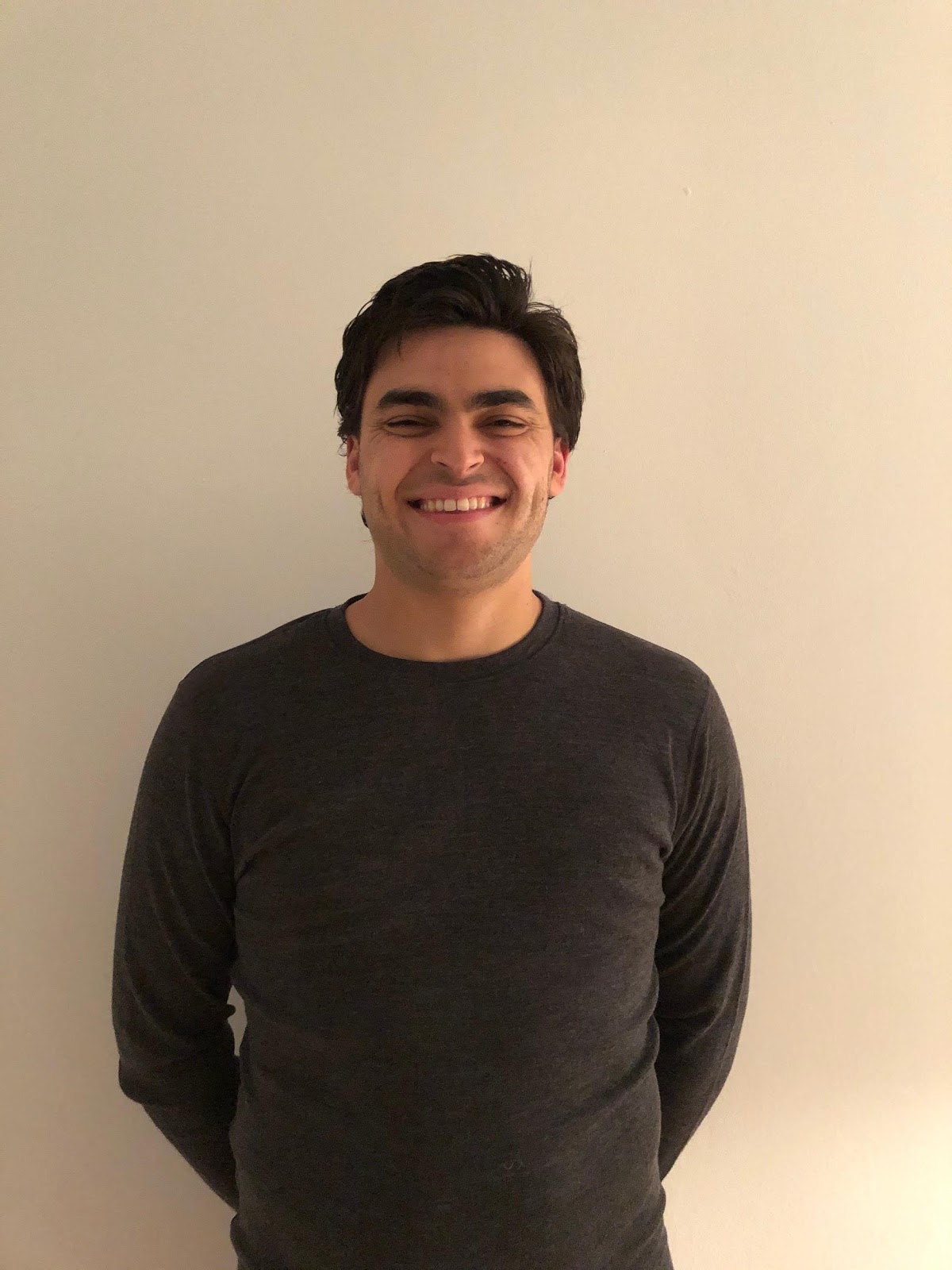Dean’s Undergraduate Award Spotlight: Louis Garcia
Dean’s Undergraduate Award Spotlight - Louis Garcia
By Brittney Barron
Q1: Can you tell me about the research that you did and the kind of things it consisted of?
The first thing you need to know is that I’m originally from Oakland and, in my 22 years of living in Oakland, it has changed, and this was a byproduct of its centralized location between sf and silicon valley. A lot of people in the community where I live use the term gentrification, how certain folks are moved from one place to another based on things like race and stuff. What I’m doing with my project is I’m looking at this through a food lens. My whole family is involved in the food industry, and so my family background is a huge integral part of my own development and what not. So I looked at how gentrification has changed and disrupted the current food systems as well as created its own kind of food system throughout the city and in the people living here. This project has let me do a lot of fun stuff, especially since I work in catering in the Bay Area.
Q2: What motivated you to research this?
My upbringing really has a lot to do with it. Let me give you a little background, my Mom is a chef so food is a huge part of my life, I feel really strongly that I experience Oakland through what's on my plate. So, as a freshman, I took an upper division course, culture through food, with Nancy Chen (who has been my mentor throughout all of my time at UCSC, she has motivated me as she is also a big foodie). Having someone to back you up is really motivating.
Q3: What kind of obstacles did you come across throughout your research?
Having so many ideas and trying to pinpoint which to pursue and which perspectives to consider was really challenging. Nancy really helped me talk through them and find what it was I really wanted to write about. It was more of a theoretical struggle and another one I wrote out in my thesis was my experience in catering. I do a lot of it in the bay and these parties are for super elite people, mass weddings and things like that. A lot of the time there's tons and tons of food that's left over and not eaten. My coworkers and I decided to assemble food boxes to hand out to homeless people the following days throughout oakland. It was a very weird and emotional obstacle because when you go to these certain areas in Oakland, obviously there are people who are living on the super far margins and need assistance but a lot of the times they'll say, “is this all you have, you don't have more for us? You don't have anything else?” so it was this weird thing where you don't want to ruin someone’s pride but also you feel bad about yourself because you're assuming that they need help when they may not want it. You can’t have good without bad though.
Q4: How did the anthropology department help you in overcoming those obstacles?
I wouldn’t say the department as a whole, just very specific people, namely Nancy Chen. We were meeting at least once a week to talk through my thoughts and what not, we would spend hours talking about this stuff, I did independent studies in most quarters where my class would basically consist of going to see her and just talking for a couple of hours. She helped guide me through what's integral and what not.
Q5: How do you think that your experiences in doing research are unique to UCSC or to the department of anthropology itself?
One thing that I really learned as anthropology as a practice is that it is very focused on systematic storytelling and within that parameter, you have tons of space because all you're doing is talking to people about their experiences and trying to translate those words and texts into something that everyone can read and understand.
It's just so broad and so open to discussion and ideas that's super different from any department I’ve taken classes in. It’s so interdisciplinary, every book we get assigned has like 20 different topics. It's also tough though because sometimes it's too broad and you're just stretched so thin because you're thinking about so many different things.
By Brittney Barron. Brittney is a Lead Peer Advisor with the Department of Anthropology.

